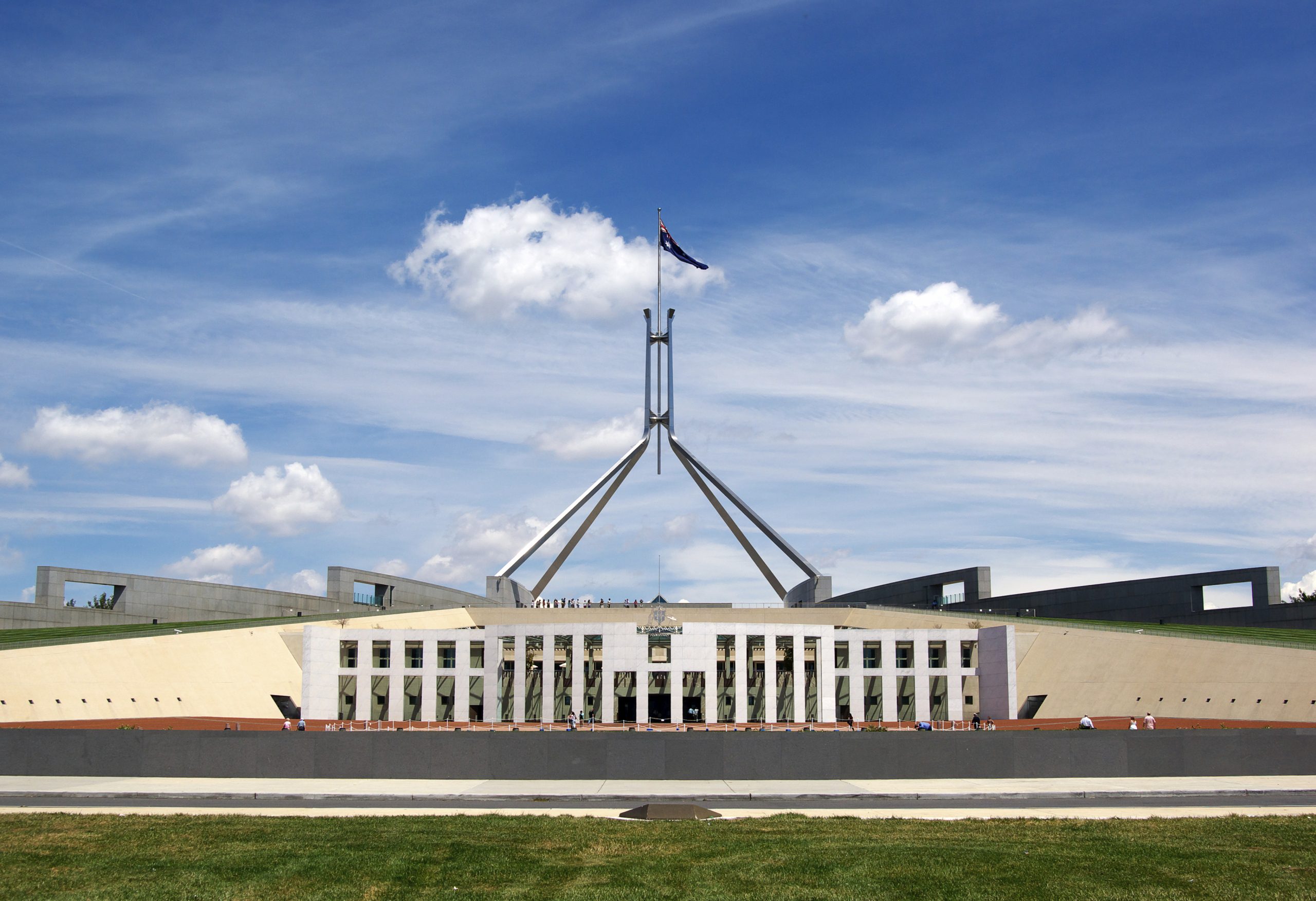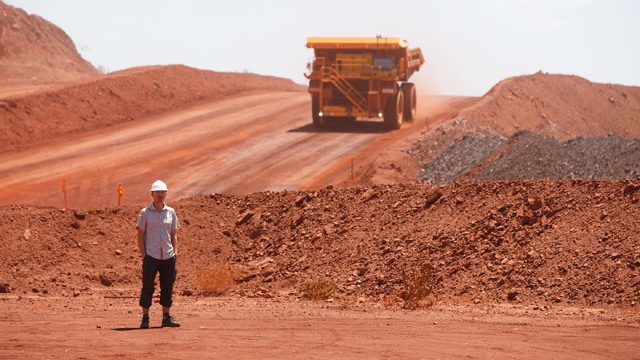New survey shows Australian motor shows are dead. Budget to digital or events
In the wake of recent decisions by organisers to cancel both the 2013 Australian Motor Show in Melbourne and the planned 2014 Show in Sydney, ICG surveyed marketing leaders in the automotive industry on marketing trends.
The results deliver bleak news for organisers of any future traditional motorshows in Australia, indicating a definite shift to customer experience events and greater digital and social media engagement.
It does not appear there will be any bonus for traditional advertising as a result of the death of local motorshows. The bulk of that money looks to be headed online.
The group participating in the survey represented over 70% of the passenger car and SUV market by volume. Of those, 80% of respondents do not believe that traditional motorshows are still a valuable and viable marketing tool in Australia.
Unsurpirsingly, only 20% of the brands indicated they would be ‘most likely’ to participate in any future motorshows, should they be resurrected.
By contrast, 70% said it was most likely that they would look at staging some type of customer experience event of their own, with the only caveat being that most believed that their dealers could be more involved in such brand specific events.
On the other hand, all believed that social media would play a strong role in future marketing. A high 80% expected their digital/online media spend to grow in the near future. With overall automotive marketing budgets under ongoing pressure, this is likely to be of significant concern to the purveyors of traditional media advertising.
With our industry experience we knew there was a change of views. Now the survey results are confirmation that for a market of our size, the traditional motorshow is a thing of the past. The dollars required to be present just can’t be justified when there are many more direct ways to get product in front of customers, both in person and online.
The growing importance of a strong digital presence and the opportunities offered by social media are obviously capturing auto marketers’ attention. There is still a desire to get ‘bums on seats’, but brand or sector specific customer experience events are seen to be more focussed and cost effective options than traditional ‘big barn’ shows. The survey results suggest that the intersection between such events and the digital space may be the new fertile auto marketing ground.
Other key insights to emerge from the survey include the view that sports and arts sponsorships were seen as having almost equal importance, yet there is a 30% gap in the number of companies with active arts sponsorships versus sports sponsorships. This may point to an opportunity for well-structured arts sponsorships to get some attention. Conversely, it could also be bad news for sports sponsorships with poor ROI.
The full survey also covers customer loyalty issues, including perceptions of CRM performance at dealer level, integration of maturing finance contract follow-ups ,and the effectiveness of mystery shopping programs.
The results of the survey (in which the responses were non-attributable) can be obtained on request by clicking here
ICG has developed a suite of support offerings in strategic counsel, research, digital strategy, experiential event and target audience activities that can help brands navigate the changing marketing landscape. The consultancy draws on three decades of experience in the automotive industry.
For information regarding our suite of offerings contact us to discuss the tools available to your organisation.
JK




